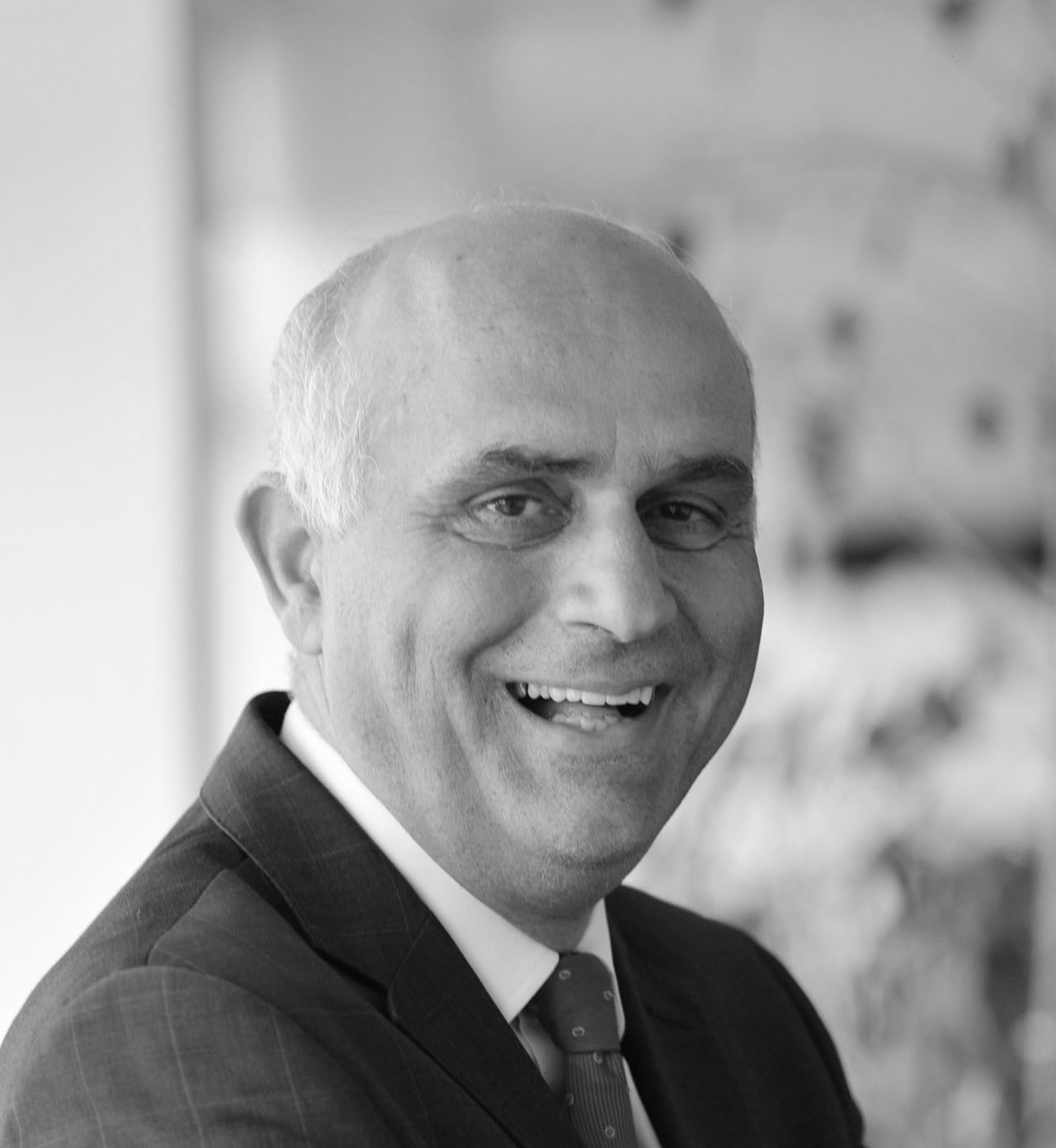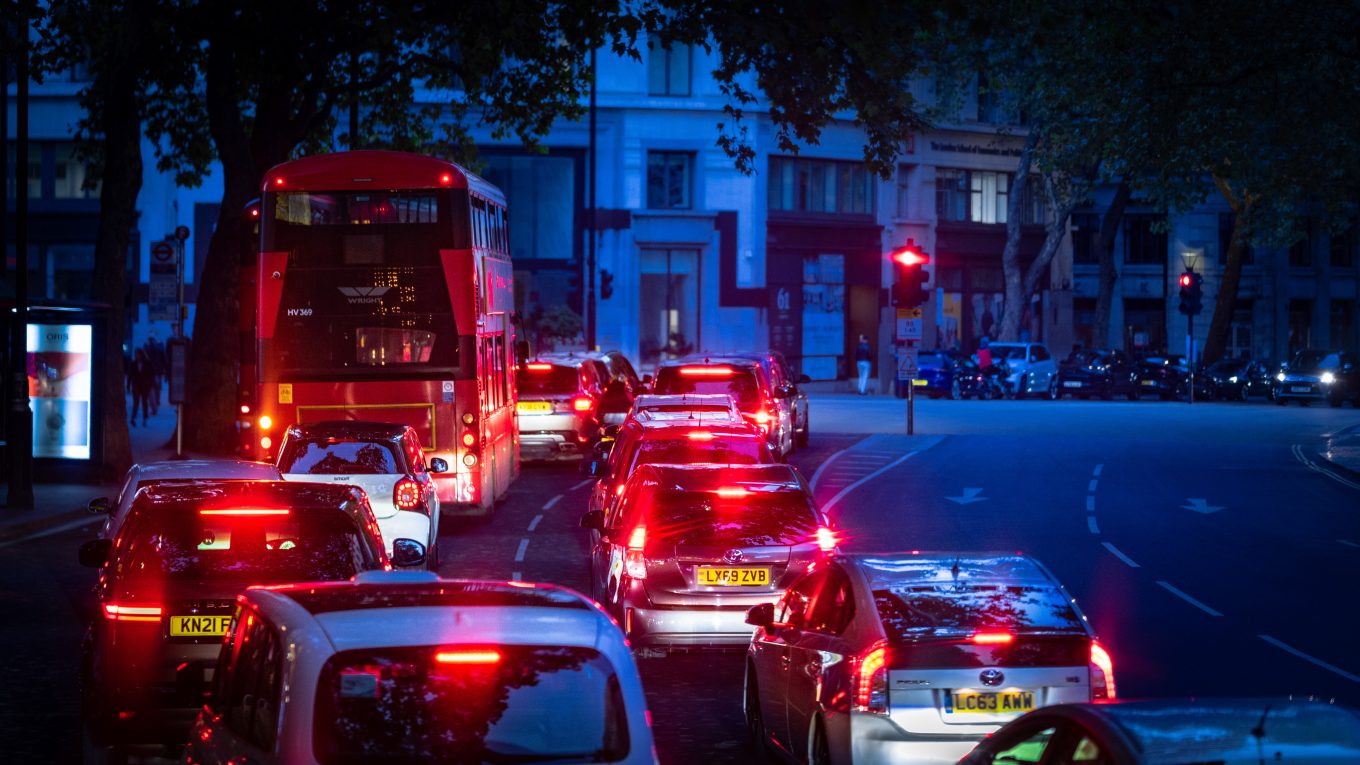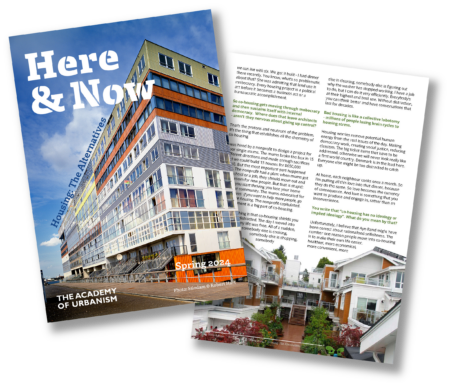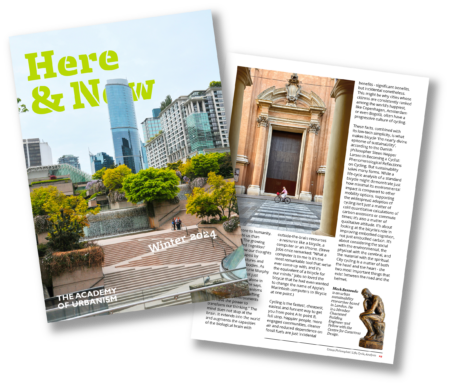Is the profession of Highway Engineering dead? It is a question that Andreas Markides AoU, past president of the Chartered Institution of Highways and Transportation feels he must ask on behalf of his misunderstood fellow professionals.
 People from outside the profession invariably refer to us as highway engineers, transport planners or sometimes as just traffic consultants. There is a huge difference between these terms but for the purpose of this piece, I use the term ‘highway engineer’. So why do I ask whether highway engineering is finished?
People from outside the profession invariably refer to us as highway engineers, transport planners or sometimes as just traffic consultants. There is a huge difference between these terms but for the purpose of this piece, I use the term ‘highway engineer’. So why do I ask whether highway engineering is finished?
First, a principal maxim in our profession is ‘the more roads we build, the more traffic is created’. Which is why highway engineers are confused – should they build more roads and keep providing traffic capacity or should they seek to hinder it?
So maybe highway engineers should abandon their practice altogether?
Secondly, we are told that some aspects of current highway design are not appropriate. For example, wide carriageways and/or large bell mouth junctions that prioritise the movement of lorries or refuse vehicles, create disadvantageous conditions for pedestrians; designing highway features in this way should therefore be abandoned.
So maybe highway engineers should simply stop designing?
And thirdly, as we all know, future technologies as well as changes in lifestyle (as a result of either COVID or the Climate Change crisis) will supposedly make cars redundant; so, there will no longer be the need to cater for the car!
So maybe this is the end of the road for highway engineers?
Let us consider the question from first principles. A highway engineer’s work begins with traffic modelling. We estimate the number of trips that will be generated by development or some other reason and compare it to the capacity of the road network in order to establish future traffic conditions and help us design the correct highway network. If we stopped doing this would it not result in traffic chaos? Suppose that it did; would that matter? Another maxim that is often quoted is that traffic ‘will balance itself out’ and it will find its own solution (probably by travelling at different times). So, let it be!
The emphasis will have to change from one that maximises traffic capacity to one that ‘tames’ the car
–
Then we come to certain fundamentals of highway design itself. Take visibility splays, for example. Many people tell us that standard visibility splays sterilise valuable land and argue that a more compact junction design is preferable for pedestrians. Should we no longer care about providing adequate visibility splays at junctions? Would this not lead to many accidents and deaths? This fear presupposes that inadequate visibility would cause accidents – and yet we know that there are many situations with significantly reduced visibility which actually lead to no accidents because people drive more carefully.
So, maybe we can do without traffic modelling and without certain fundamentals of highway design. Does all this mean the death of highway engineering? It most certainly does not! We will of course still need highway engineers to design bridges, motorways etc. but within cities and new settlements can we abandon the traditional way of designing roads? Would it mean the death of highway engineering in those situations?
It certainly means that highway engineers need to change. It means that we need to ask ourselves different questions. For example:
- Instead of asking ourselves the question ‘will this be safe?’ We should be asking ‘in addition to safety, will our design advance health and well-being?’
- Instead of asking ‘will this maximise traffic capacity’ we should be asking ‘have we done as much as possible to promote walking, cycling and public transport – even if this is at the expense of traffic capacity?’
- Instead of paying scant attention (and lip service) to the natural environment, we should seek to work with nature, capitalising on natural assets and delivering environmental net gain.
- Instead of doing things ‘just like we have always done’ we should seek to embrace and if possible, anticipate technological advances.
All this of course means that the role of the highway engineer will need to become something very different. Is this a threat or an opportunity?
In my view it is certainly a threat, but it can be turned into a huge opportunity. Why? It is now abundantly clear that we live in an interconnected world. The old boundaries are crumbling and in our sphere of building and construction there are a great number of issues that affect each other.
For example, one of the most significant pollutants is carbon emissions from traffic. Highway Engineering is therefore directly linked to the Climate Change crisis.
Similarly, obesity and a multitude of other health problems are the result of people driving, instead of walking or cycling (and it is heartening that the then PM Boris Johnson believed that bikes should be prescribed on the NHS and that “our bike lanes could become huge, 24-hour gyms which are free and open to everyone”). Again, this is directly linked to Highway Engineering and perhaps suggests a different emphasis (creating green corridors instead of stark carriageways for cars) to the way that highway engineers might approach their work.
Finally, technology is changing the way we move. Whether we are talking about electric cars or autonomous vehicles or e-scooters, it still comes back to how engineers design the Highway. In other words, do highway engineers need to become multi-modal engineers by default?
At this point I should say that one last field that the “new” highway engineer would have a major part to play in would be the supply of energy, which is shaping up to become the next battleground in the world. We can already see China’s major incursion into Africa to exploit that continent’s ores; the tussle in the Arctic between several different countries; the UK’s decision to drill for yet more oil from the North Sea, despite COP26; Russia’s pipeline for the supply of gas to Europe – despite America’s protestations and so on… The political forces behind the coordination and supply of power (and telecommunications) will undoubtedly become a major factor in designing our world.
All this is telling me that far from being dead, Highway Engineering is beginning to take centre stage! It will no longer be enough for highway engineers to know their British standards and to then apply them in designing roads. In future, highway engineers will need to be scientists (to understand new technologies); doctors (to appreciate the effect of their designs on human health); environmentalists (to be mindful of any contribution they might make to Climate Change), and much more.
In other words, highway engineers will need to emerge from their silo and approach future challenges in a much more holistic way.
However much we may wish for it to happen, the car will not go away. A recent report by the Institute for Public Policy Research has concluded that there will be 25% more cars on the roads by 2050 as the shift to electric vehicles causes a congestion crisis. Therefore, highway engineers will still need to design for car movement, but the emphasis will have to change from one that maximises traffic capacity to one that ‘tames’ the car.
Much more than that however, highway engineers will need to spread their wings and even more importantly they will have to raise their voices. We will have to challenge ourselves (and all other fellow professionals around us) to start thinking in new ways. We will simply need to show leadership and to make sure that we are at the forefront of asking the big questions and providing solutions to the big challenges that we (and the whole world) will be facing.
How we will do that is another big question but here are 3 starters for ten:
- Create greater consistency in engineering syllabi at universities so that our future engineers are more aware and knowledgeable about wider issues such as people’s health and wellbeing; the environmental agenda etc. Carbon literacy must be a compulsory subject!
- Introduce different metrics into a highway engineer’s work. Instead of relying entirely on numbers to do with traffic capacities, we should also have numerical grading of (for example) the extent of landscaping and green linkages, and a standardised means of assessing cycle infrastructure.
- Change an engineer’s mindset so that they can break free from the narrow confines of their remit. Instead of satisfying ourselves with the debilitating “I am just the highway engineer’’ we should start thinking of ourselves as the creators of the world that we live in.
I believe that Highway Engineering is about to undergo a transformational change. If the profession rises to all these different challenges, it could become the lynchpin of so many other professions and the catalyst of building better places (instead of just designing and building roads for cars). In fact, Highway Engineering could instead become ‘Infrastructure Master Planners’ or simply…
‘Placemakers’
Andreas Markides is deputy chair of the Academy of Urbanism and principal of Markides Associates and is past President of the Chartered Institution of Highways and Transportation.
Title Image: Original image: michael-fousert-9Gk7BLcDBfg-unsplash.jpg







Pingback:Weekly Roundup 12-May-2023 - Greater Auckland - lightown